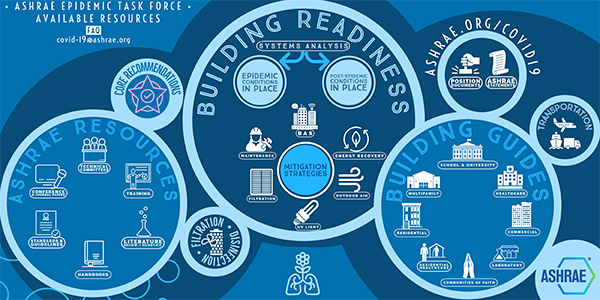
Empowering Epidemic Response with Digital Health Tools
In the dynamic landscape of healthcare, digital tools have become instrumental in shaping effective epidemic response strategies. Leveraging these technologies not only enhances the efficiency of healthcare systems but also empowers individuals to actively participate in disease prevention and control.
1. Surveillance and Early Detection
Digital health tools play a pivotal role in epidemic surveillance and early detection. Advanced algorithms analyze vast datasets to identify patterns and detect potential outbreaks in real-time. This proactive approach enables healthcare authorities to intervene swiftly, implementing containment measures before an epidemic gains momentum.
2. Telehealth and Virtual Consultations
The integration of telehealth and virtual consultations has transformed healthcare accessibility during epidemics. Digital platforms allow individuals to consult with healthcare professionals remotely, reducing the risk of disease transmission. Telehealth not only ensures continuity of care but also eases the burden on overwhelmed healthcare facilities.
3. Mobile Apps for Contact Tracing
Contact tracing is a critical component of epidemic control, and mobile apps equipped with GPS and Bluetooth technology streamline this process. These digital tools help track and notify individuals who may have been exposed to a contagious disease, facilitating quick intervention and breaking the transmission chain.
4. Remote Patient Monitoring
Digital health tools enable remote patient monitoring, a valuable strategy during epidemics. Wearable devices and mobile apps allow healthcare providers to monitor patients’ vital signs and symptoms from a distance. This not only ensures timely intervention but also minimizes the need for physical visits, reducing the risk of further exposure.
5. Artificial Intelligence in Diagnostics
Artificial intelligence (AI) is revolutionizing diagnostics during epidemics. AI algorithms analyze medical images, such as X-rays and CT scans, with remarkable accuracy, aiding in the rapid identification of infectious diseases. This technology expedites diagnosis, enabling prompt initiation of treatment.
6. Digital Health Education Campaigns
Educating the public is crucial in epidemic control, and digital health tools facilitate widespread dissemination of information. Mobile apps, websites, and social media platforms are used to launch education campaigns, providing accurate information, preventive measures, and updates on the evolving situation.
7. Data Security and Privacy Measures
As digital health tools become integral to epidemic response, ensuring data security and privacy is paramount. Robust encryption and adherence to privacy regulations build trust among users. Digital health platforms must prioritize the protection of sensitive health information to encourage widespread adoption.
8. Wearable Technology for Personalized Monitoring
Wearable technology, such as smartwatches and fitness trackers, contributes to personalized health monitoring during epidemics. These devices track users’ health metrics, detect early symptoms, and provide real-time data to both individuals and healthcare providers. The integration of wearables enhances the granularity of health monitoring.
In the realm of epidemic response, the synergy between healthcare and digital technologies is evident. For the latest updates on Digital Health Epidemic Tools, visit healthcares.my.id and explore how these innovations continue to redefine the landscape of healthcare delivery. Embracing digital health tools is not just a technological advancement; it’s a transformative shift toward a more resilient and responsive healthcare system.














